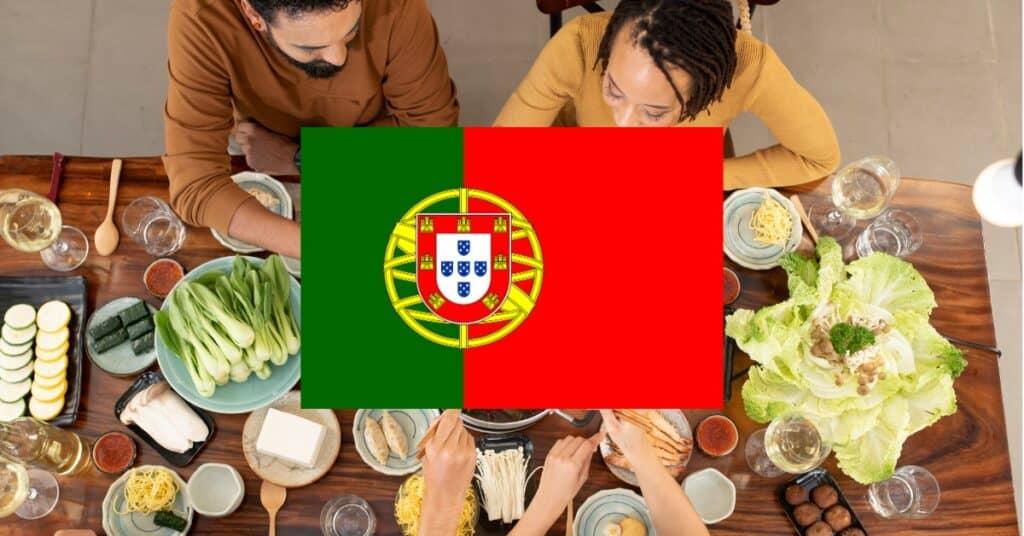Eating out in Portuguese vocabulary is an essential skill for anyone interested in exploring Portuguese cuisine. This subject will help you communicate effectively while dining at restaurants in Portuguese-speaking countries. By learning key phrases and words related to ordering food, asking for the bill, and expressing preferences, you will have a more enjoyable and authentic dining experience. Whether you are traveling to Portugal, Brazil, or any other Portuguese-speaking destination, having a basic understanding of eating out vocabulary will enhance your cultural immersion and make your dining experiences more memorable. Start learning today and expand your culinary horizons!
Games
Study Resources
Vocabulary
| English | Portuguese |
|---|---|
| menu | menu |
| appetizers | entradas |
| entrees | pratos principais |
| desserts | sobremesas |
| beverages | bebidas |
| specials | especiais |
| reservation | reserva |
| host hostess | anfitrião anfitriã |
| waiter waitress | garçom garçonete |
| table setting | arrumação de mesa |
| knife | facas |
| fork | garfo |
| spoon | colher |
| napkin | guardanapo |
| glass | copo |
| cup | xícara |
| plate | prato |
| condiments | condimentos |
| gratuity | gorjeta |
| check | conta |
| corkage fee | taxa de rolha |
| corkscrew | saca-rolhas |
| wine list | carta de vinhos |
| recommendation | recomendação |
| gluten-free | sem glúten |
| vegetarian | vegetariano |
| vegan | vegano |
| halal | halal |
| kosher | kosher |
| spicy | apimentado |
| mild | suave |
| rare | mal passado |
| medium rare | ao ponto para mal passado |
| medium | ao ponto |
| well done | bem passado |
Quick Facts
- Portuguese cuisine is known for its fresh seafood, grilled meats, and delicious pastries.
- When dining out in Portugal, it is common to order multiple courses, including appetizers, main dishes, and desserts.
- Tipping is not mandatory in Portugal, but it is appreciated if you leave a small tip for good service.
- Portuguese restaurants often have a cover charge called "couvert" which includes bread, butter, and olives.
- It is customary to greet the staff with "bom dia" (good morning), "boa tarde" (good afternoon), or "boa noite" (good evening) when entering a restaurant.









